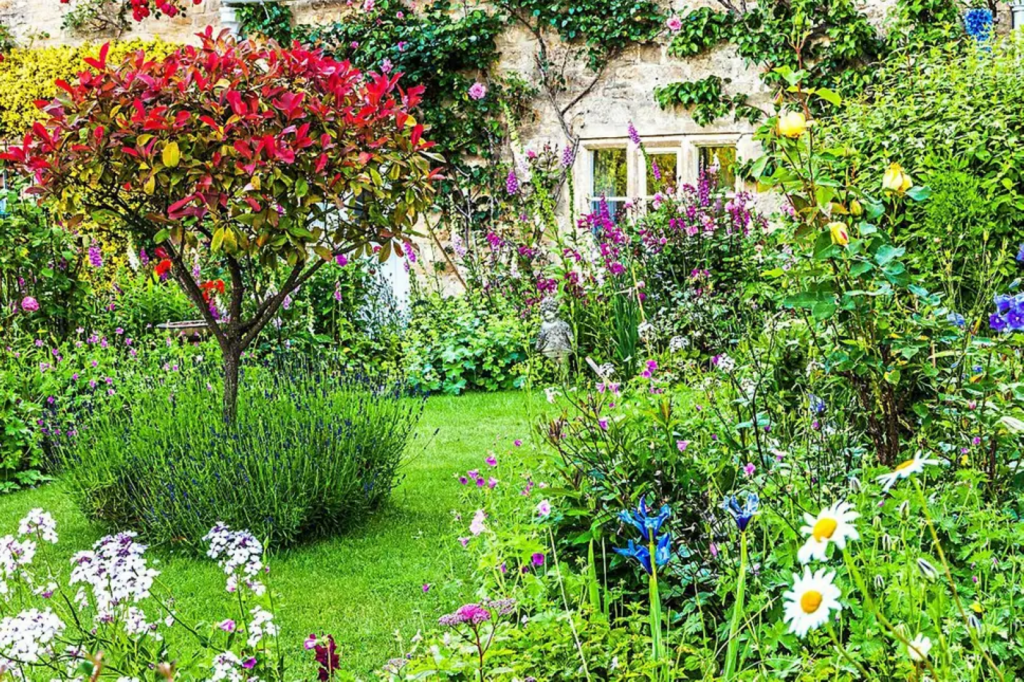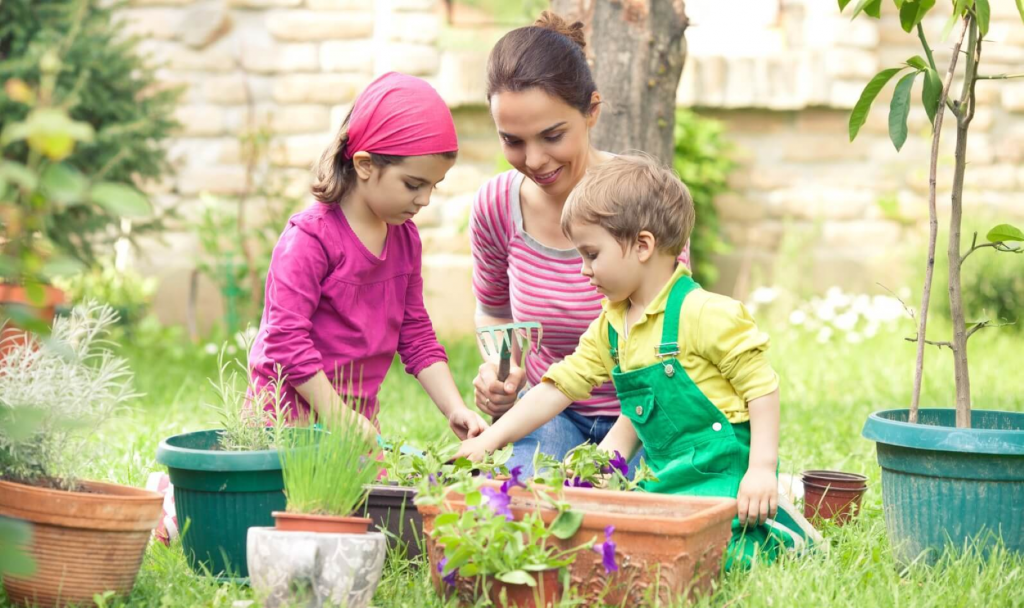Gardening is an excellent hobby and a relaxing way for people of all ages to unwind and enjoy. Not only is it a great leisure activity, it also has great effects on one’s health, bodily functions and helps you fight stress. Your garden can be your little getaway when you are feeling anxious, or can be your workplace when you feel energized and want to do something that requires physical activity, and yet is quaint and calming. For beginners looking to find peace in gardening, the following guide is for them to learn the basics of gardening:

Image Source: https://www.pexels.com/
It is crucial that you pay great attention to the location of your garden in your yard. Ideally, your garden should be located in a part of your yard that receives ample sunlight and is in your sight at most times. Most vegetables and fruits require at least 6 hours of sunlight in a day to fulfill their needs and hence it is crucial that you place your garden in a piece of land that receives ample sunlight. Gardens when placed in your backyard are likely to be forgotten or not given enough attention. By placing it in your front yard, you are likely to notice all changes and take care of its maintenance much regularly.
Your garden should always be close to a water source to ensure that your plants have an ample and ready supply of water at all times. If you cannot place a hose in your garden that connects to the nearest water source, you would be stuck with lugging water to your garden every time you ought to water your plants. Not only would this trouble you, in the long run, it would also decrease your likelihood to water your plants regularly and could hence affect their health. Also, a tip to watering your plants and the action’s frequency is checking how dry or wet your soil in the garden is. The most widely used measure for this is to push your finger into the soil for about an inch and a half – if the finger feels dry, it’s time to water your plants.
As a budding gardener you need to take good care of your garden’s soil’s health. In order for your grass seed to germinate you need to invest in your soil health by using either commercially available soil or by using nutrients to enrich it. Depending upon the types of vegetables and fruits you are planning to plant, you can modify your soil health accordingly by using made soil or soil supplements widely available in farmers’ markets.

Image Source: https://www.pexels.com/
If you struggle with plotting your garden and distributing it, you should consider planting your vegetables and fruits in pots. Not only does potting allow you to think out your space, but it also ensures plant health for budding stages. Potting ensures plant health and also helps in preventing over or under-watering for your plants. Other pertaining tools also need be used in order to improve your gardening experience.
As a beginner, you need to understand the seasonality of plants. You should avoid planting plants that are not suited to certain weather and choose plants for every weather in accordance with their respective pertaining characteristics. For instance, plants that need a lot of sunlight should be planted in a spot that receives the maximum sunlight; Plants that grow in heat need to planted in warm weather, etc. You need to do your research if you want to be a success in your gardening adventures. You also need to be aware of any pertaining frost dates that your plants might have. For instance, if you plant too early or too late in accordance with the respective plant’s season, you can risk ruining your garden completely.
While gardening is an extremely popular hobby, not many people who go into it know the basics of gardening. The most common approach for beginners to gardening is essentially getting seeds and marketed soil and dropping that into their yards. However, if you approach gardening with a little bit of research and finesse, you are likely to see fruition in your results (quite literally!) and adopt this as a hobby in the long term.